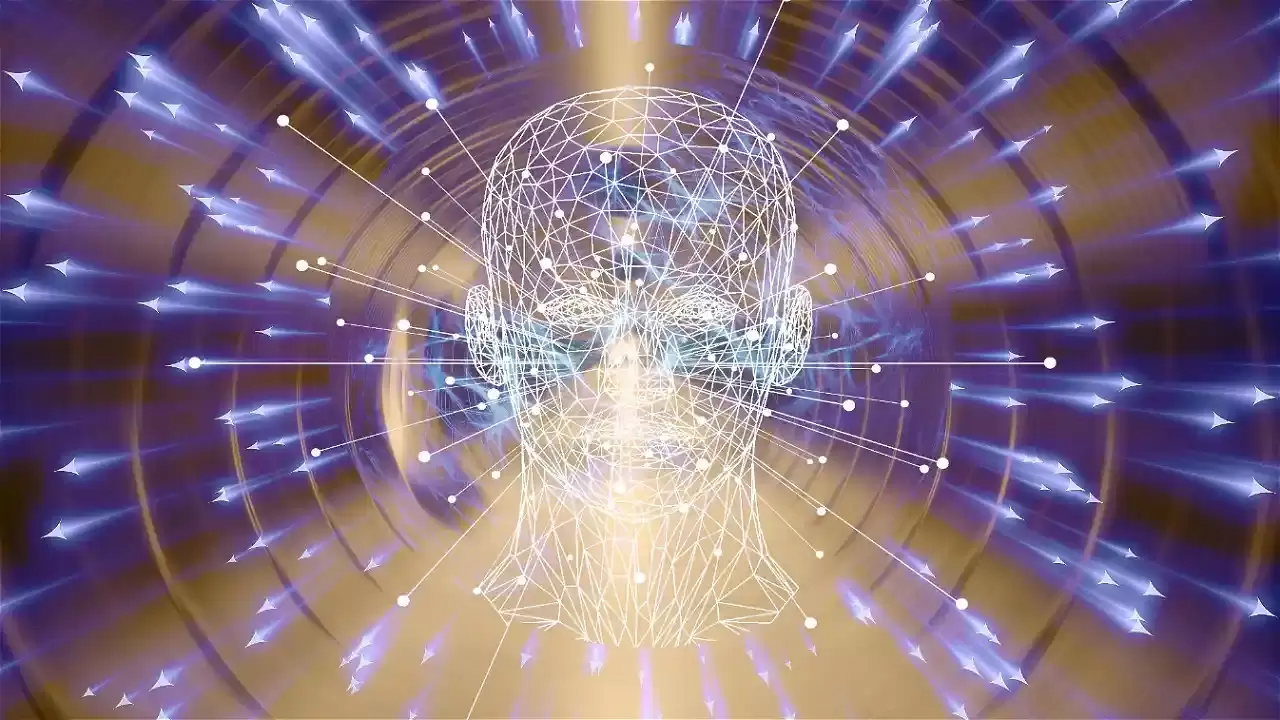
The questions of the essence of life, what consciousness is, and whether we have free will are always intertwined with whether we live in a simulation. The subject has become one of the hottest topics in science and philosophy. Whether we live in a simulation logically has only two yes and no options. Simulation does not have to be about 100% of the activities because simulations can be produced with random components.
What does it take to prove that we live in a simulation?
Proving that we live with absolute free will without external involvement is enough to prove that at least one human activity cannot be expressed using mathematical algorithms.
Alan Turing proved that any mathematical algorithm could be translated into a Turing machine. (computer) The simulation question can be phrased in the following way:
Take (as a thought exercise) all the algorithms that supposedly manage nature (quantity doesn't matter) and ask the following question: Will the simulation stop (because it lacks algorithms that manage unexplained properties)?
- If it stops, it means that we are not living in a simulation; if not, we are living in a simulation. But this is precisely Alan Turing's halting problem and Kurt Goodell's mathematical incompleteness. Luckily (or unfortunately), nothing can be proven.
The idea I am presenting is identical to the halting problem formulated by Alan Turing in 1936. Mathematical incompleteness (formulated by Kurt Goodell) holds that some statements cannot be proven or ruled out, no matter how many axioms we add.
- It is worth emphasizing that this is a deep and broad topic that has preoccupied mathematicians and philosophers and concerns the logical limitations of mathematics and computing. The mathematician-Austrian philosopher Kurt Goodell proved that there is a logical contradiction in mathematics. The problem is known as incompleteness. Following him, Alan Turing expanded the problem and translated it into computer science.
Is there a computing power strong enough to simulate all human beings?
- The answer concerns the nature of the simulation. Assuming that simulation controls only significant milestones in our lives and not every second and every marginal decision, the answer is "yes." The computing power required is enormous but probably possible theoretically.
The (shocking) conclusion is that we will probably never be able to prove any of the theses on the subject. The secret of life's essence will remain forever!
Incompleteness theorem - Math's Fundamental Flaw.
A research proposal could examine arguments for the possibility that we live in a computer simulation.
The findings cannot unequivocally prove one of the two possibilities but can only strengthen the reasonable possibility of both.
- Observing flora and fauna from the dawn of creation may illuminate far-reaching philosophical and scientific questions. It turns out that insects, flowers, and plants apply complex mathematical methods to optimize resources. If you want examples, look for the explanations for why the beehive is made of hexagons. Why are flowers arranged according to the Fibonacci series, etc.? (There are many examples)
- If we prove that a beehive 100 million years ago was actually in the shape of squares (compared to hexagons today), then there is proof that this is indeed an evolutionary event. If we assume we will find 480 million-year-old fossils of flies with eyes arranged in hexagons, then it is probably not about evolution but creation itself.
Continue reading Deterministic Human Simulation—Pinnacle of Scientific Achievements.
Strange as it may be, the possibility that we live in a very sophisticated computer simulation cannot be verified or ruled out.


